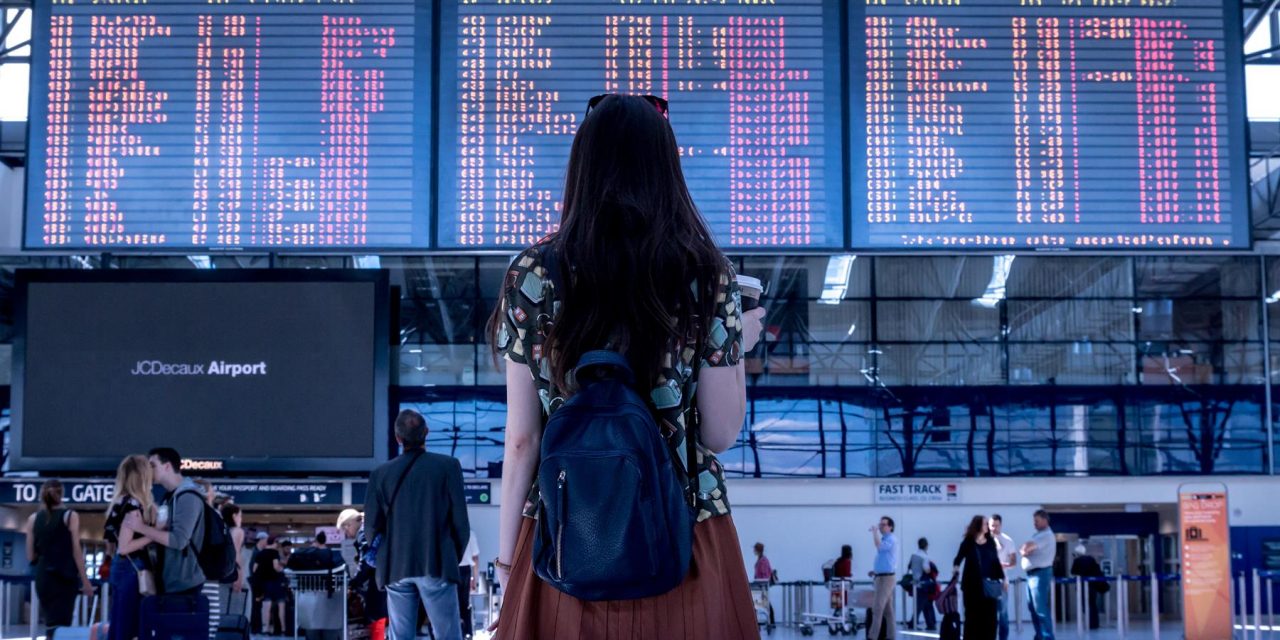A recent Pew Research Center survey found that two-thirds of U.S. adults (67%) say the federal government is doing too little to reduce the effects of climate change.
Carbon emissions are at the heart of the global warming controversy. An air traveler generates approximately 2,500 pounds of carbon dioxide emissions on a round-trip from New York to London. By contrast, the average automobile produces 10,000 pounds of carbon dioxide annually. Counting carbon emissions is fine, but what can you do to mitigate your impact on greenhouse gas emissions without forfeiting travel An increasing number of travel companies now offer carbon offsets” and other programs aimed at neutralizing your impact on the environment.
Scrutinizing the Role of Air Travel in Carbon Emissions
As concerns about climate change intensify, the role of air travel in carbon emissions has come under scrutiny. The aviation industry’s carbon footprint is undeniable, raising questions about the environmental impact of our wanderlust. While it’s crucial to explore the carbon implications of air travel, there are practical steps we can take to mitigate the damage. By comparing air travel to other carbon-producing sectors and offering solutions, we can work towards a more sustainable future for both travel and the planet.
The Carbon Impact of Air Travel
Research shows that air travel significantly contributes to carbon emissions, with flights accounting for approximately 2-3% of global CO2 emissions. The high-altitude emissions and non-CO2 effects of aviation, such as contrails and nitrogen oxides, amplify the environmental impact. To put this in perspective, a round-trip flight between New York and Los Angeles generates roughly 20% of the emissions produced by the average person in the United States annually.
Navigating a Greener Path: Solutions for Conference Organizers
For conference organizers, the allure of international attendees can clash with the event’s carbon footprint. Embracing sustainable practices can make a significant impact:
- Virtual Conferences: Leverage technology for virtual attendance options, reducing the need for long-haul flights. Online conferences can foster global participation without the environmental cost.
- Carbon Offsetting: Partner with carbon offset organizations to mitigate the emissions generated by attendees’ travel. Invest in reforestation, renewable energy, or other carbon reduction initiatives.
- Venue Selection: Opt for eco-friendly venues with renewable energy sources, waste reduction strategies, and sustainable transportation options nearby.
- Local Sourcing: Prioritize local food and beverage sourcing to reduce the carbon impact of catering.
- Paper Towel Alternatives: Advocate for restroom facilities to eliminate paper towels in favor of energy-efficient hand dryers or cloth alternatives.
While air travel’s carbon impact remains a challenge, conscious efforts to reduce emissions are crucial. By comparing air travel to other carbon-intensive sectors and implementing sustainable strategies, we can make a difference. As conference organizers, we have a unique opportunity to lead by example, championing greener practices and advocating for a more sustainable future. By shunning excessive air travel and prioritizing sustainable solutions, we can work together to save both our cherished destinations and the planet that sustains them.






